Microsoft's pondering Xbox console future according to former executive
5 min. read
Updated on
Read our disclosure page to find out how can you help Windows Report sustain the editorial team. Read more
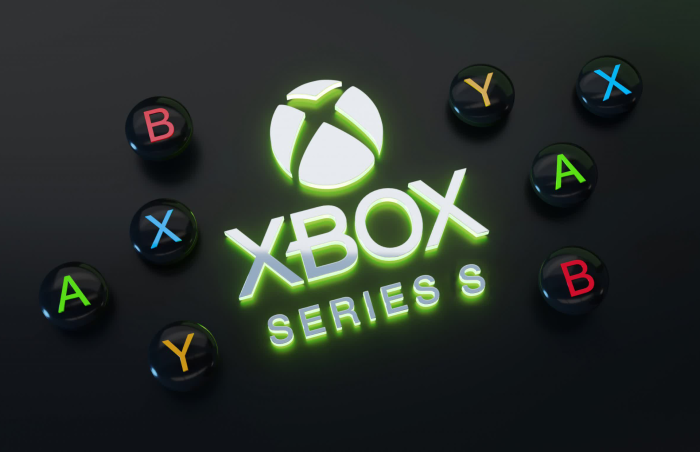
There seems to be a reoccurring conversation following each release of a new gaming console as to whether Microsoft should exit the gaming business due to dwindling public perception of competitiveness in the market.
Former Xbox executive Peter Moore sat down with IGN to rekindle talks of a possible console exit for Microsoft this time around that circumvents the traditional competitive argument in favor of a more nuanced examination of the economic future the entire industry.
Rather than pointing to 1:1 console sale between Microsoft and its next biggest competitor in Sony, Moore posits the theory that the company is currently having internal debates on whether it should stay in the console game now that it represents itself as the largest game publisher in the industry.
As someone who sat as the president of Sega America during the untimely demise of the Dreamcast console, Moore has a specific insight into the tough decisions that prelude ending years of investment in console gaming.
According to Moore, there is an effect that is currently happening that undergirds a subtle shift in the way people game today than in years prior and that evolution is a signal for Microsoft to initiate conversations about the ultimate future of Xbox.
I don’t think people are gaming less, they’re just gaming differently. And more and more you’re seeing a generation coming through that is not about to sit down for an evening in front of the television with whatever the game du jour is this week.
Peter Moore – Former Xbox Executive
And it’s always, as we had suggested and thought — maybe feared — going to be snack-size stuff. What can I do in the next 10, 12 minutes? What can I do on my lunch break? And there’s so much pressure on the gaming experience from everything else in this world, this unbelievably and perhaps overconnected world dominated by social media content, TikTok videos. Gaming, while still robust — let’s not forget, we’re probably $200 billion this year — it’s fragmented across regions, across different content, and there’s only so many hours in a day and there’s so many choices for us to use those hours.
Moore even digs up the corpse of Zune to illustrate how bespoke hardware eventually gets assimilated and that the Xbox as bespoke piece of gaming hardware will soon run up against an expiration date thanks to things like game streaming or TVs with chips in them specifically for gaming.
The broader picture — and we certainly feared during my time even at Microsoft — we were saying then, in 2007, is this the last console generation? Do televisions start to come with chips that can play games and you just need a controller? Is the PC, as it was then, a renaissance? And why do you need a bespoke piece of hardware that costs us, Microsoft, billions upon billions of dollars to install, and you hope to hell you get an attach rate of software and something out of your Xbox Live, your connected service, that would justify the losses, the hemorrhaging of cash that hardware costs you?
When asked about console making for the “next generation,” Moore ponders what the industry will look like in five years as to whether it even makes sense for Sony to be producing hardware as well.

But I think it’s a real serious question that’s being asked I’m sure in Tokyo, in Redmond, Washington, in Kyoto. That’s what everybody’s working on right now, because when you start off that next generation, you’ve got to be ready to absorb billions of dollars in losses. And is the industry, given all the layoffs and everything we’re going through right now, is the industry ready for that? Look at Sony laying off 900 people — a lot there in the UK. My two eldest daughters work at EA, they’re all right, but they’re always looking over their shoulder.
Beyond industry headwinds, Moore points out that Microsoft, at its core, remains a software company and the acquisition of Activision Blizzard combined with its deep investments in Azure cloud services presents the company a potentially lucrative off-ramp from producing consoles while still remaining in the gaming sector.
I think the words first party and third-party may just disappear. It’ll just be, we make great games, and we deliver a phenomenal service on which you can play our games, and first-party and third-party, those are legacies of hardware.
But the challenge will undoubtedly be coming from Nadella: what does it look like without hardware? And so that’s going on right now, and what do we look like if we’re more like EA than we are Sony? So that’s what I’m sure is going on.
Buttressing his point, Moore also posits a conversation between Microsoft CEO Satya Nadella and head of Xbox Phil Spencer in which Nadella asks Spencer how he and his team plan to further ingratiate itself with the larger world of Azure. How does Xbox, as the now largest gaming publisher in the market, continue to make games dogfooding its increasingly expansive AI footprint, how can the company’s expanded gaming arm make games “faster, cheaper, with less people?”
Evident by the kerfuffle Microsoft’s news about releasing a limited number of first party exclusives cross platform as a weather balloon project caused, the company is navigating some uncharted waters with the eye on its ultimate gaming future.
Microsoft sunk close to $70B into gaming with the expectation that it can return value to investors at some point. However, adding another few billion to that $68B total in the form of R&D for a loss-leading hardware effort every few years makes less financial sense than leveraging digital platforms already bought and paid for by Microsoft.
It is already coming to pass that gamers are beginning to explore outside the traditional walls of console gaming with experiences across mobile, PCs, streaming platforms, and handhelds which can dovetail nicely into Microsoft’s new plan to be a game publisher to all gamers and not just Xbox consoler owners.
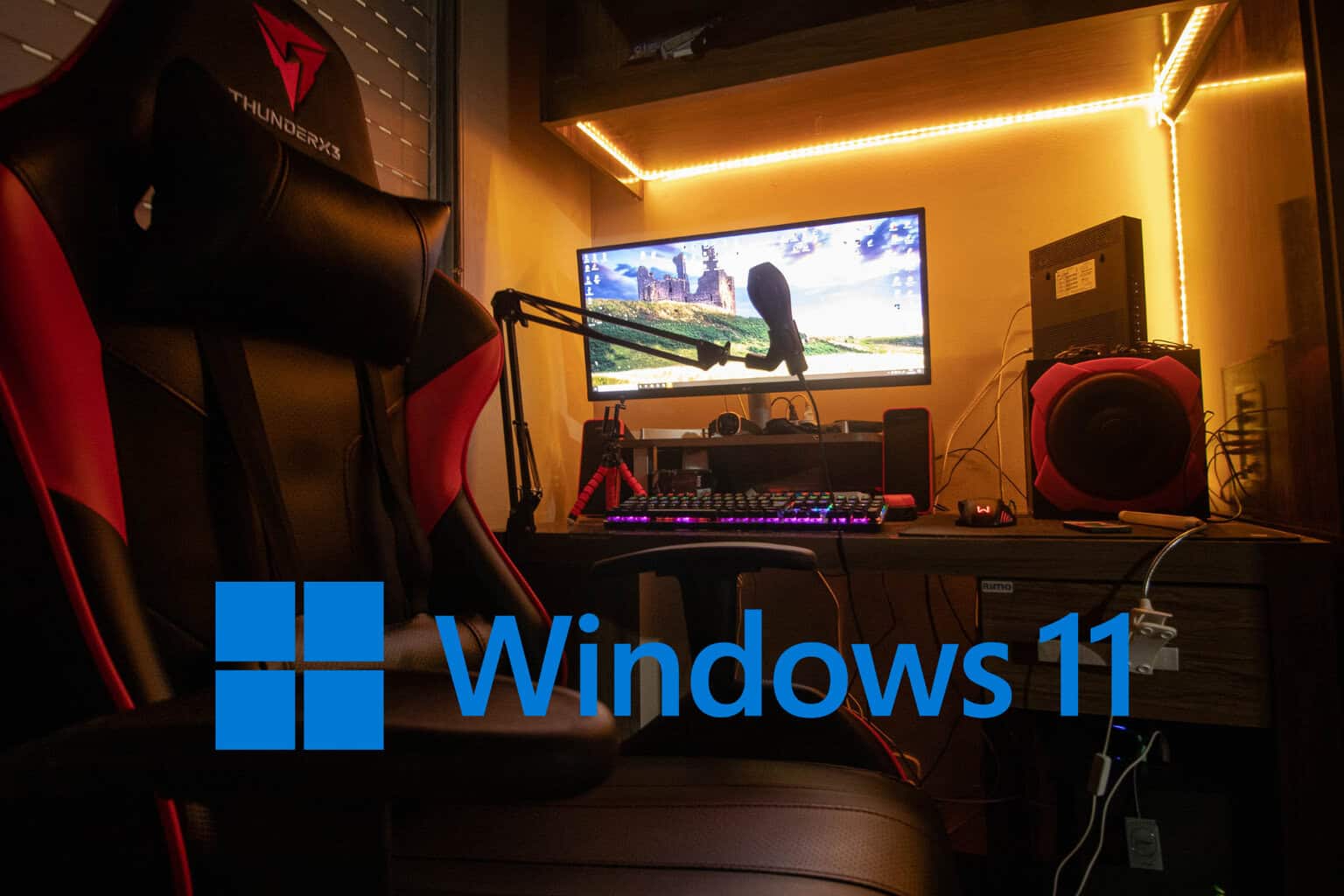
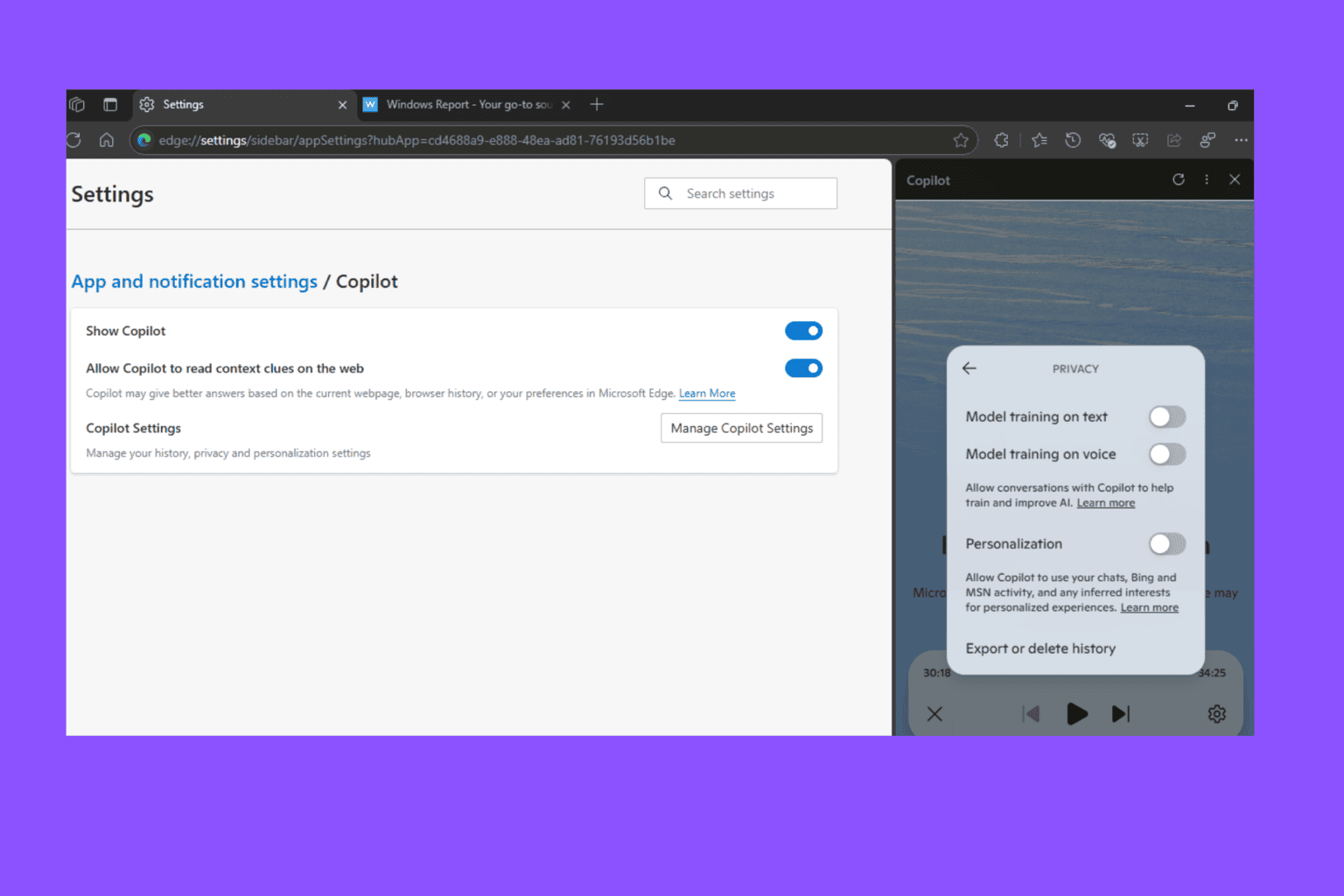
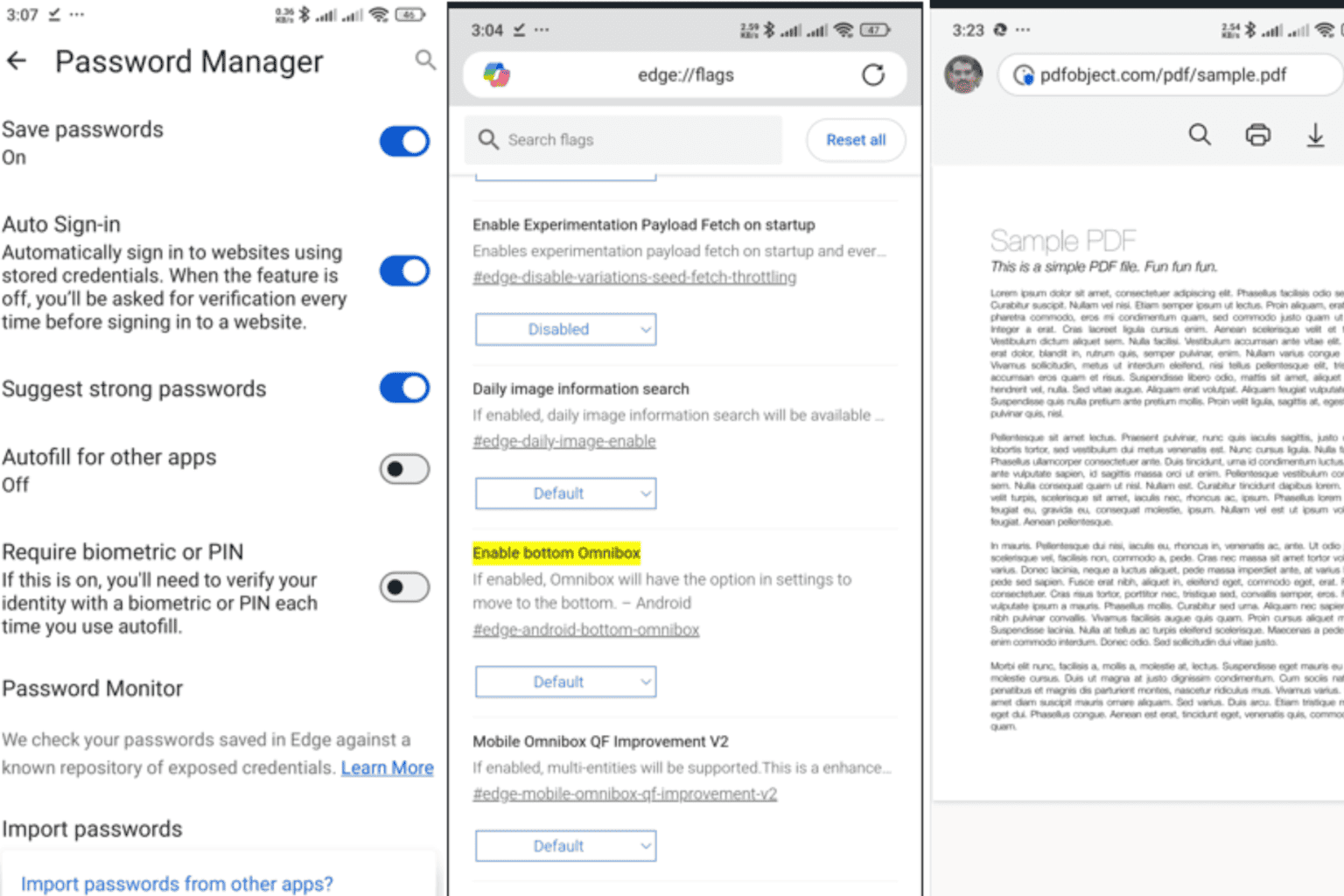
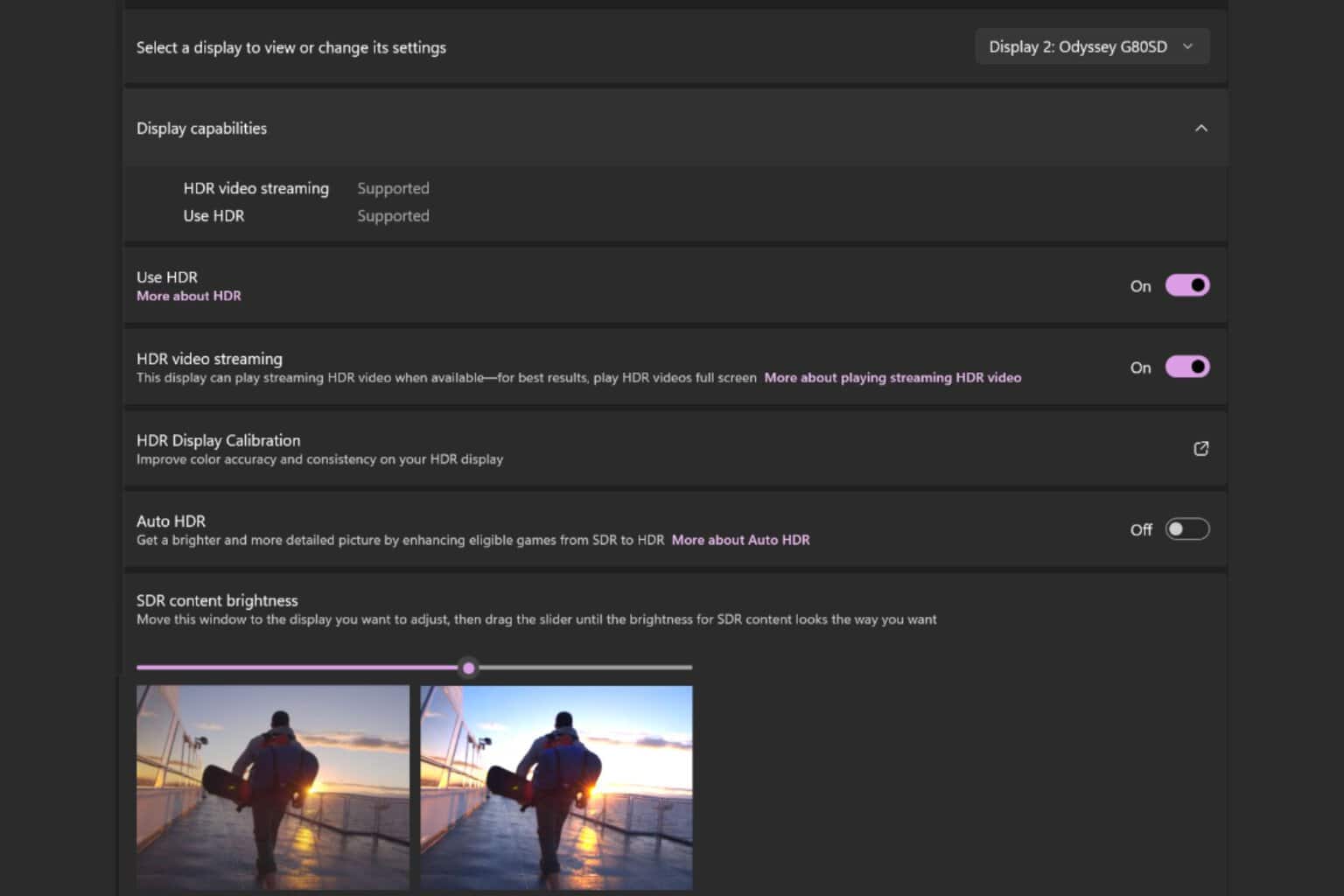
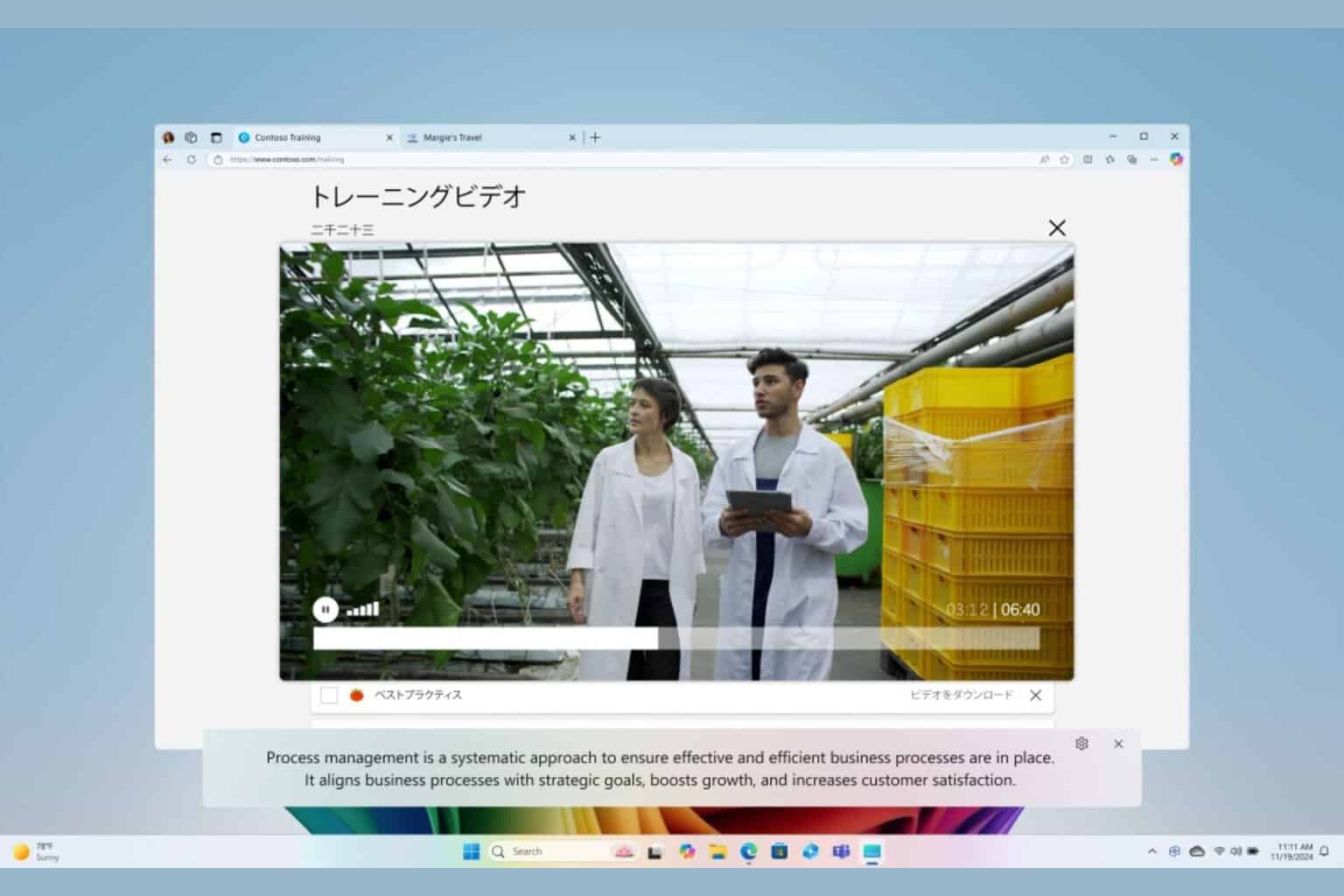
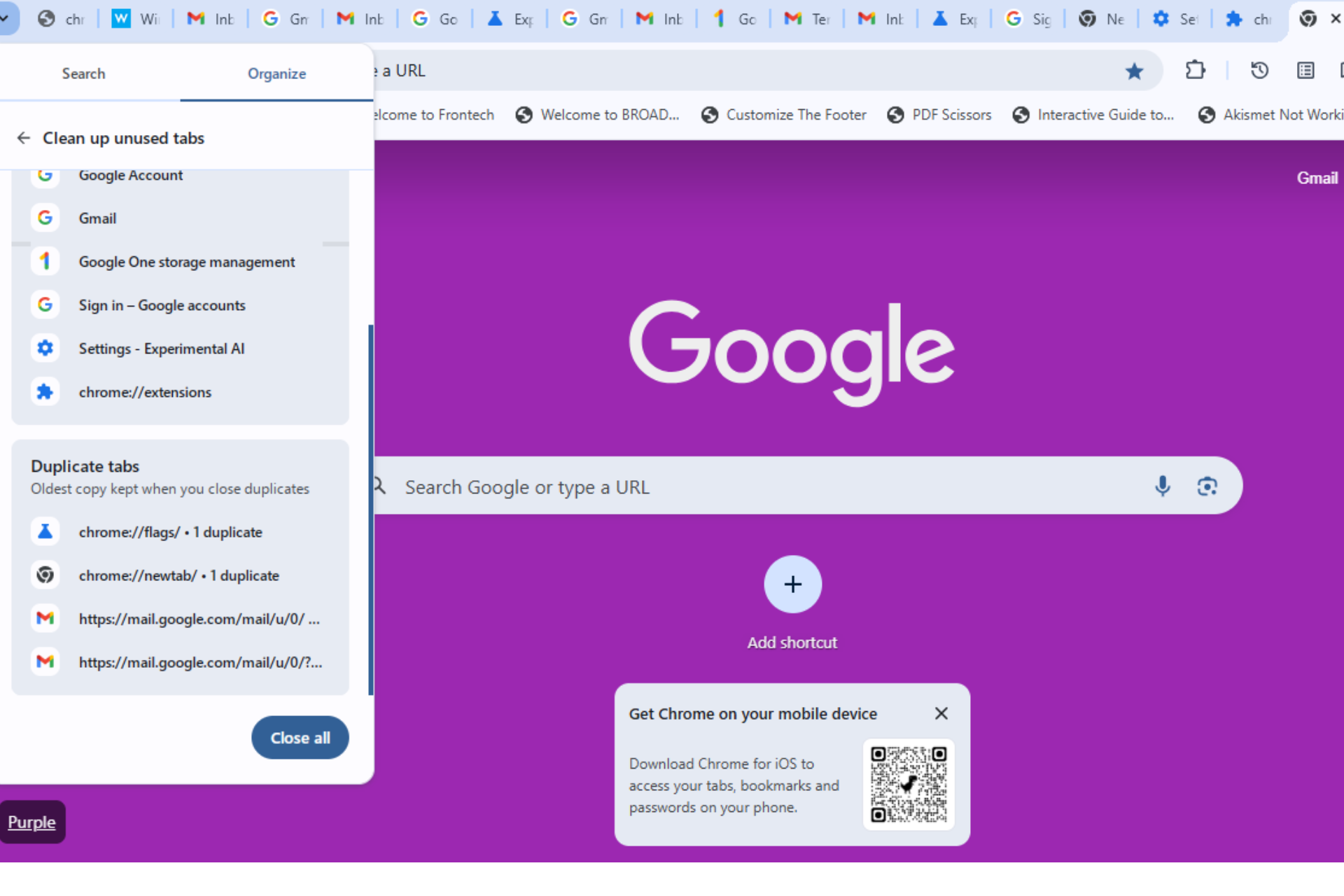
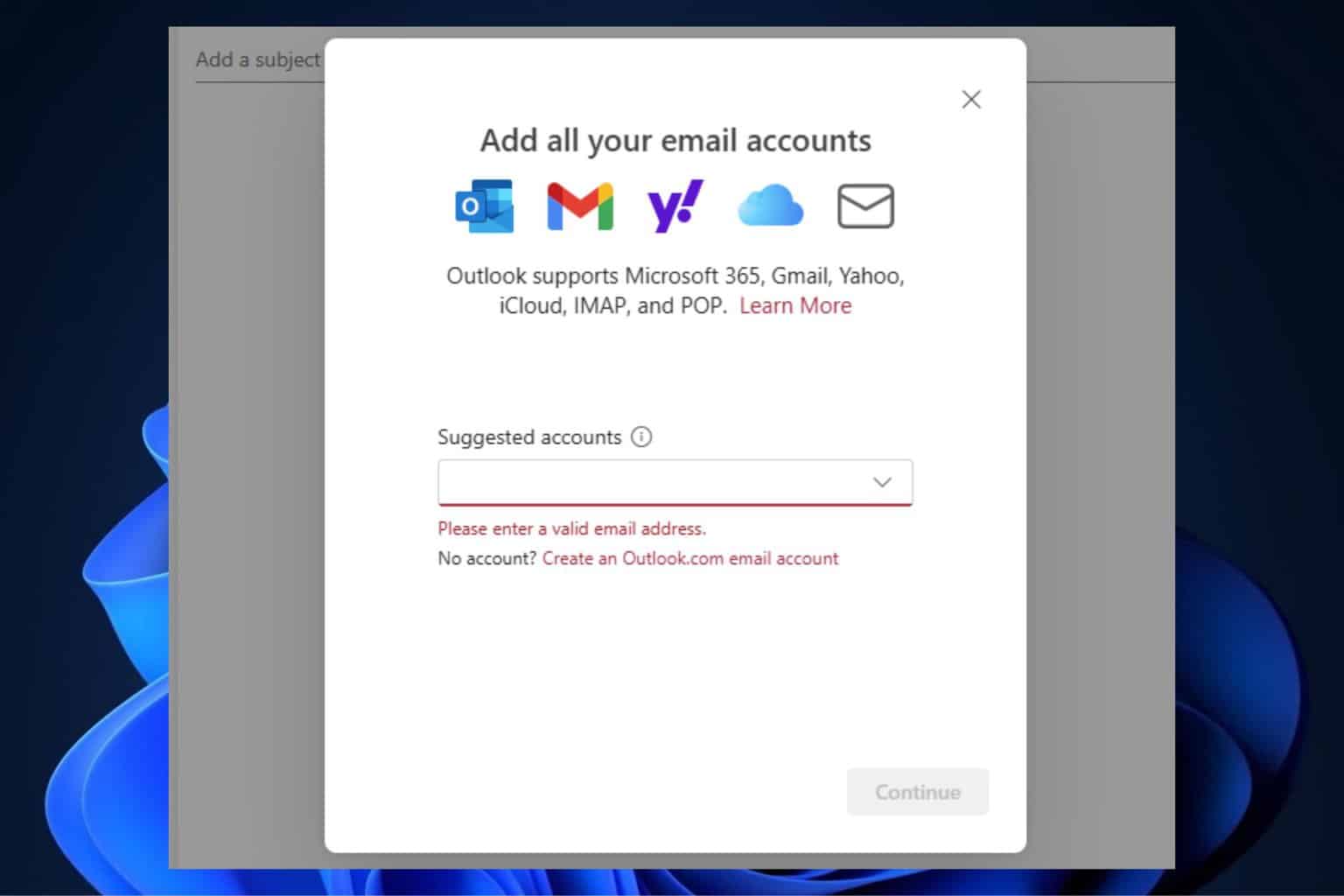
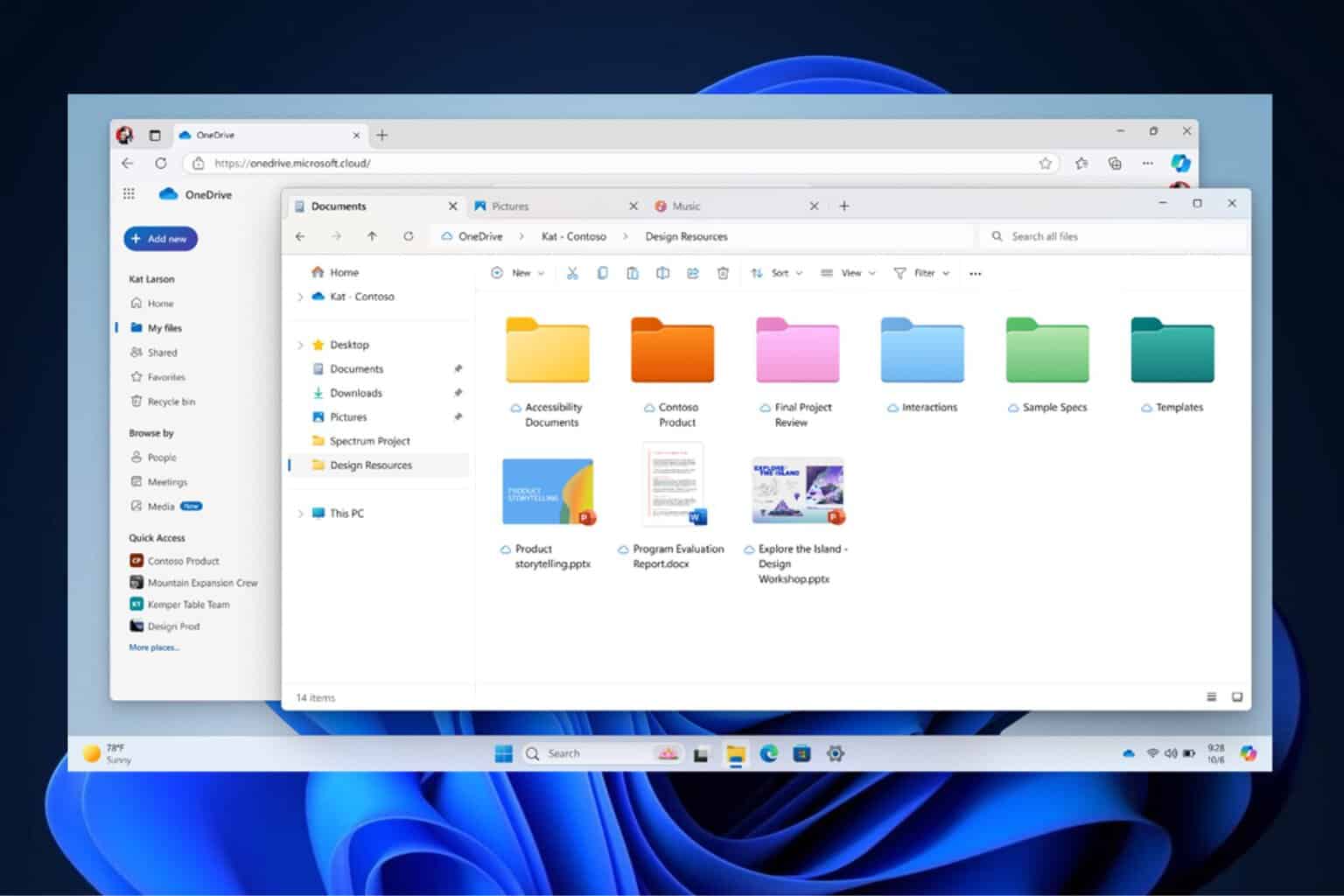
User forum
0 messages